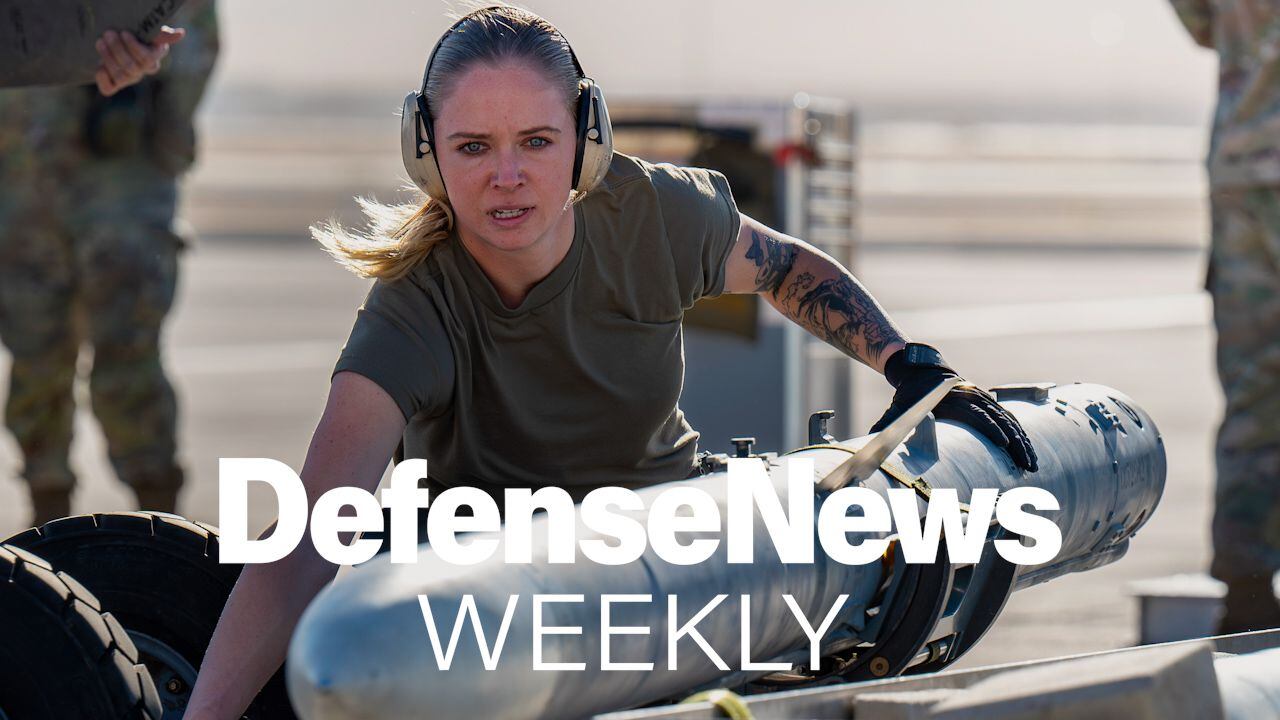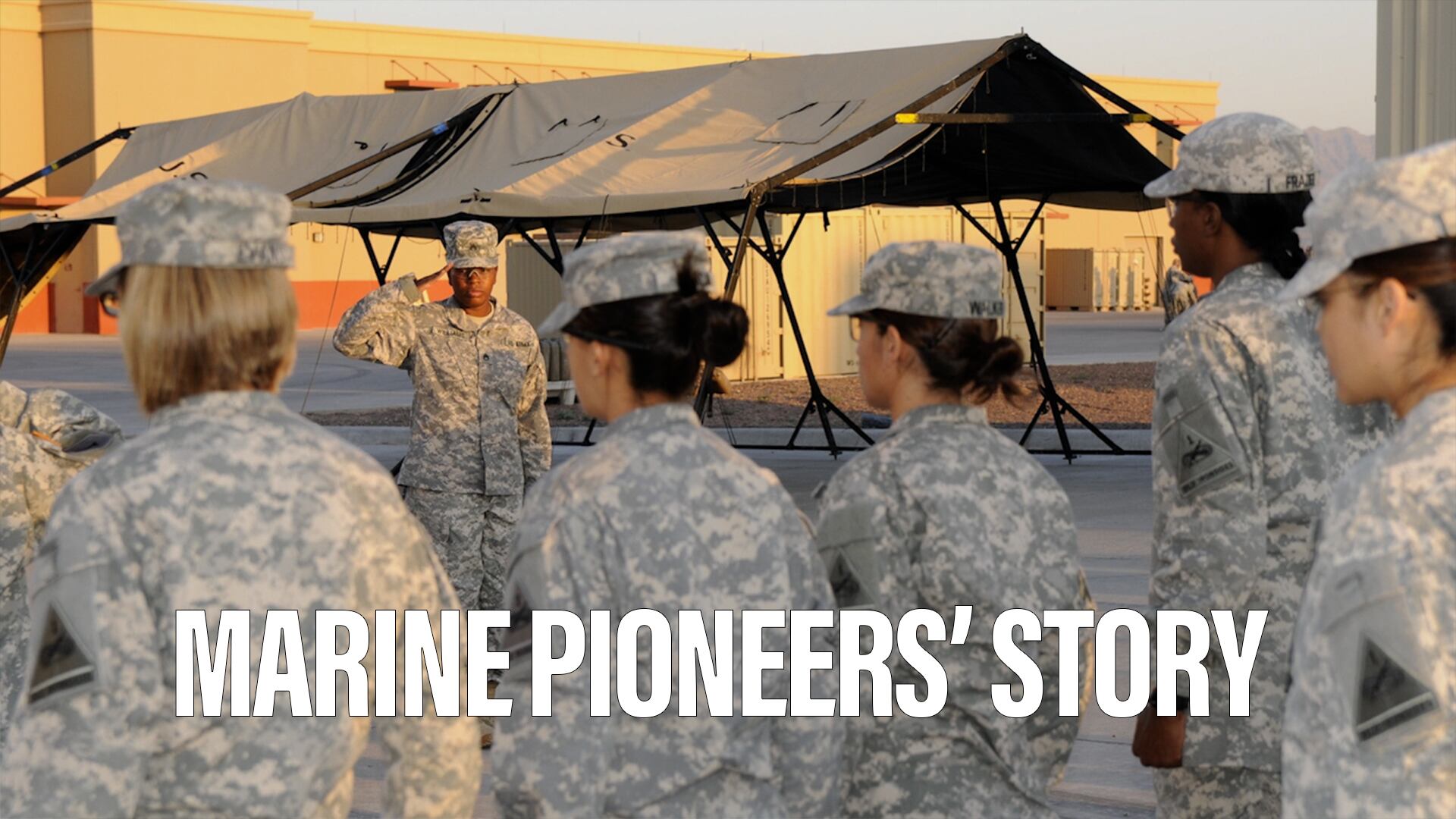The Defense News Top 100 list of defense companies for 2024 includes five Turkish firms, up from four in 2023, amid rising global demand for Turkish defense products and increasing maturation of the Turkish defense industrial sector in terms of breadth and sophistication. Ranked Turkish companies include:
- ASELSAN (42, up from 47 last year): producer of defense electronics, especially communications and sensors. ASELSAN was the first Turkish company to crack the Top 100 in 2008 and has consistently been the leading Turkish defense revenue generator.
- Turkish Aerospace Industries (TAI or TUSAS) (50, up from 58): leader in Turkish defense aerospace joined the Top 100 in 2012 and has been the second-ranked Turkish firm since.
- ROKETSAN (71, up from 80): producer of unguided rockets and guided missiles has seen revenues grow in large part due to integration of its products on Turkish unmanned systems
- Machine and Chemical Industry (MKE) (84, new): producer of small arms, artillery and ammunition; shifted from a state-owned enterprise to a joint stock company in 2022. Has helped meet booming demand for artillery and related munitions.
- Military Factory and Shipyard Enterprise (AFSAT) (94, new): aircraft, naval and land systems production and overhaul. Major deals with Pakistan (MILGEM) Burkina Faso/Togo (minesweepers).
Several intriguing aspects of this grouping stand out. First, Turkey occupies an elite tier among international arms producers. Only eight countries have more than two companies in the Top 100, and only three — the U.S., U.K. and China — have more Top 100 firms than Turkey.
RELATED

The U.S. is in a class of its own, but with 25% defense export growth and $5.5 billion revenue in 2023, the Turks have risen to near the top of the second tier.
Second, arguably the most dynamic sector in the Turkish defense industry — unmanned systems — has yet to produce a Top 100 firm, but seems poised to do so moving forward. BAYKAR, makers of the TB2 Bayraktar and Akinci Unmanned Combat Aerial Vehicles, has become the standard bearer for Turkish defense innovation and operational impact across various global hotspots.
TAI produces high-quality drones as well, and a half-dozen other companies have established Turkey as an innovation and price-performance leader in the field. That five Turkish companies not centered on unmanned systems made the Top 100 makes clear that an understanding of Turkish defense needs to look beyond the headline-generating drones.
Third, such growth could not have happened without an expanding network of clients and partners for the Turkish defense industry; while indigenization has increased the milli ve yerli (locally/nationally produced) portion of domestic defense needs, globally significant firms require foreign markets and partnerships. Turkish defense sector firms — there are over 3,500 total — have built partnerships with Ukraine, the U.K., Pakistan, Gulf countries and many others.
The Turkish Ministers of Defense (Yasar Guler) and Defense Industry (Haluk Gorgun) addressed a bilateral Defense Industrial Base conference in Washington on the sidelines of the recent NATO summit, and touted the Turkish defense sector as young, dynamic, enjoying unique access in the Mideast, Africa, Balkans, Central and South Asia — and uniquely positioned to partner with U.S. firms.
Guler assessed during the conference that Turkish exports in the first half of 2024 showed continued growth, up 20% year on year.
An interesting bit of context for this year’s Top 100 is the directed efforts in Washington and Ankara to deepen and broaden defense cooperation between the two NATO allies. The Turkish American Business Council (TAIK, headed by Murat Ozyegin) and the American Turkish Business Roundtable (ATBR, led by retired Gen. James Jones) have convened two conferences in 2024 to bring U.S. and Turkish firms together to explore areas for collaboration and cooperation in the defense sector.
With the example of the recently approved F-16 deal and joint venture for 155mm artillery ammunition between Turkish and American firms, we might expect to see many more such joint ventures emerge.
The Turkish defense industry still faces growing pains and dilemmas, though. The International Institute for Strategic Studies noted in a recent study that the Turkish defense industry is at a crossroads: Having increased self-sufficiency and developed significant export capabilities through defense sector indigenization, it has developed a new dependence on sustained exports and defense industrial cooperation for advanced subsystems.
Substantial autonomy does not mean full independence in the defense sector but rather continued complex interdependence. This implies that continued growth will require proactive consultation and mutual compromise between Ankara, Washington and NATO allies in Europe.
Another check on growth has been the Turkish government’s struggles with inflation, which is currently subject to a significant campaign of monetary tightening. Upward pressure on interest rates from the battle against hyperinflation has made domestic bank loans less attractive for developing small firms into major defense industrial players.
One solution has been for such firms to pursue public listing rather than domestic bank or government financing.
Demand remains high in the global market for the solid price-performance balance that has typified Turkish defense products. That augurs well for the continued growth of the five current Top 100-member Turkish firms and those aspiring to join the club.
If 2024 sees progress in Ankara’s efforts to bring down inflation, continued macroeconomic stability and sustained Great Power Competition, this year’s strong performance from the Turkish national defense sector should be reprised or accelerated over the next twelve months.
Richard Outzen is a nonresident senior fellow at the Atlantic Council’s Turkey Program.








